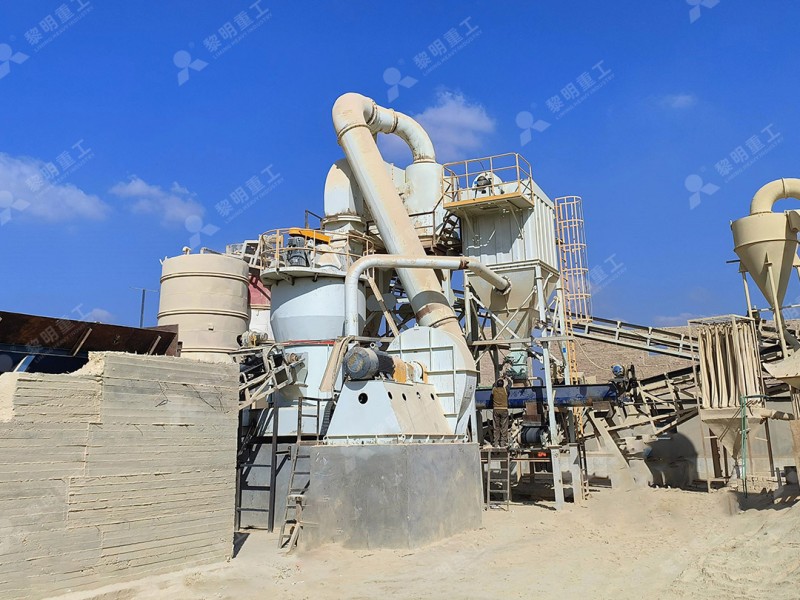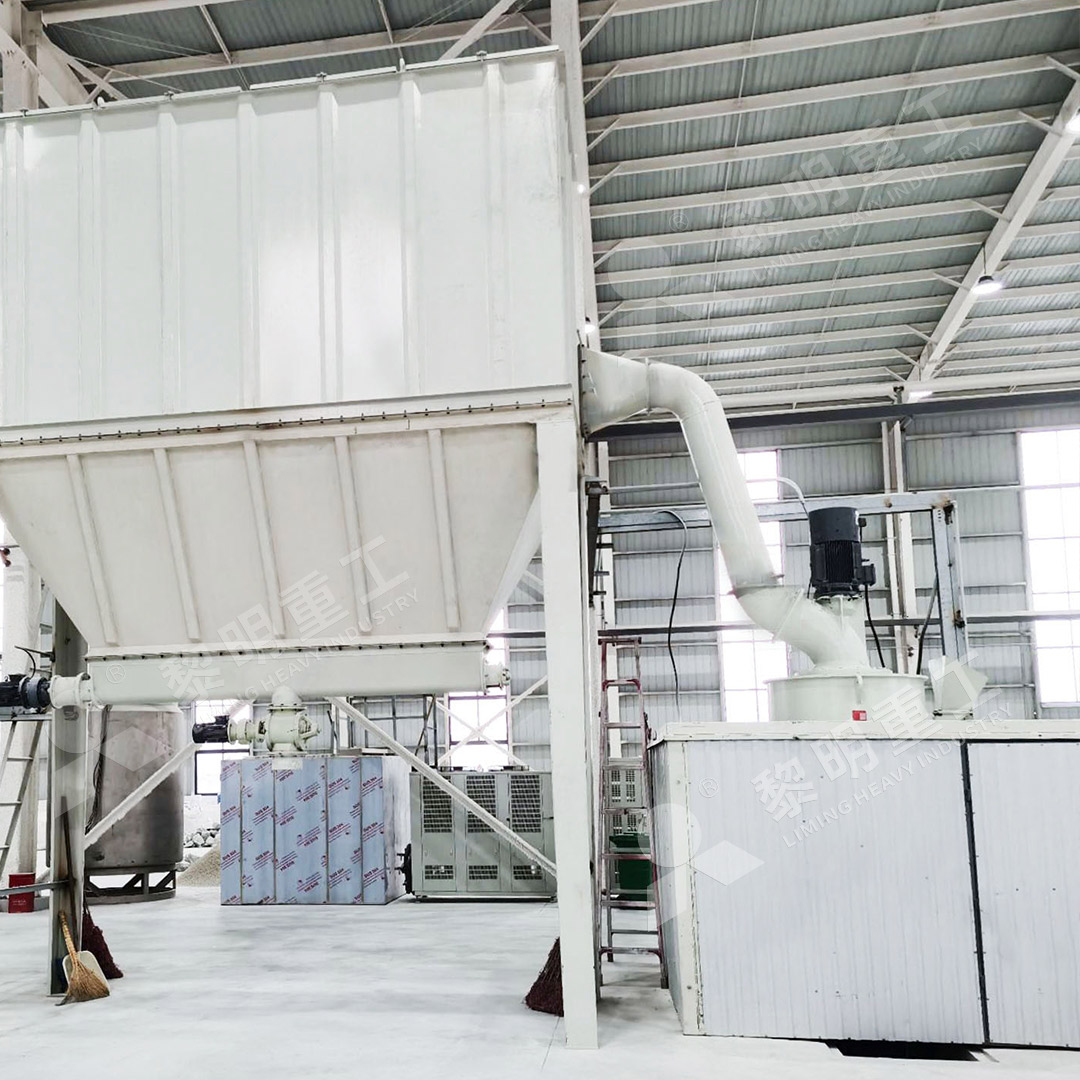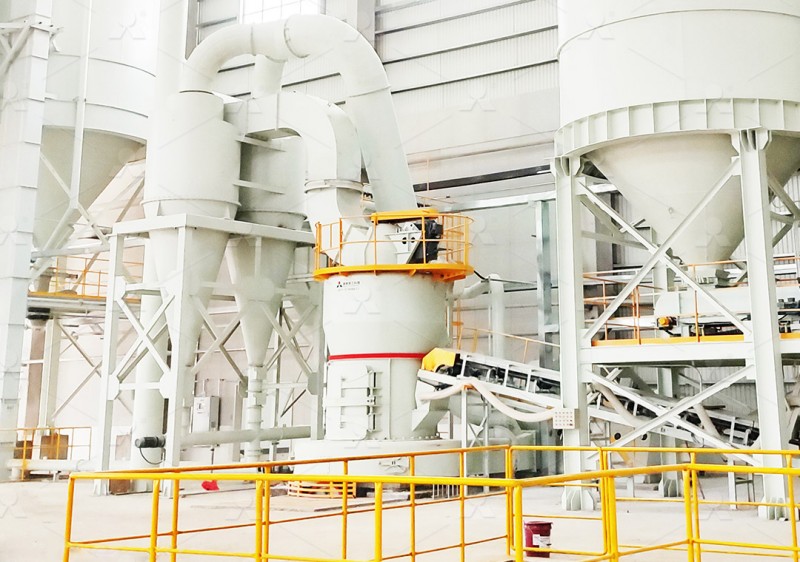Price of Petroleum Coke Crushing and Grinding Mill
We provide a wide range of mills — including Raymond mill, trapezoidal mill, vertical mill, ultrafine mill, and ball mill, obtained ISO9001 international quality certification, EU CE certification, and Customs Union CU-TR certification. Suitable for processing minerals such as limestone, phosphate, quicklime, kaolin, talc, barite, bentonite, calcium carbonate, dolomite, coal, gypsum, clay, carbon black, slag, cement raw materials, cement clinker, and more.
The discharge range of these mills can be adjusted to meet specific processing needs, typically from 80-400 mesh, 600-3250 mesh, and can achieve the finest particle size of up to 6000 mesh(D50).
If you are looking for a reliable grinding solution to turn stone or minerals into fine powder, please feel free to contact our online customer service.
Understanding the Economics of Petroleum Coke Processing
Petroleum coke, a carbonaceous solid derived from oil refinery coker units, presents unique challenges in processing operations. The selection of appropriate crushing and grinding equipment significantly impacts operational costs, product quality, and overall profitability. As industries increasingly utilize petcoke for various applications including fuel and anode production, understanding the economic factors behind grinding mill selection becomes paramount.

The pricing of petroleum coke grinding mills depends on multiple factors: production capacity requirements, desired fineness, energy consumption, maintenance costs, and environmental compliance needs. Traditional ball mills, while initially less expensive, often prove costly in long-term operation due to higher energy consumption and maintenance requirements. Modern vertical grinding technologies offer superior efficiency but require careful evaluation of initial investment versus operational savings.
Key Considerations in Mill Selection
When evaluating petroleum coke grinding solutions, processors must consider several critical factors beyond the initial equipment price. Energy consumption represents approximately 40-60% of total operating costs in grinding operations. Maintenance requirements, spare parts availability, and downtime directly impact production continuity and profitability. Additionally, environmental regulations increasingly dictate the need for dust-free operation and noise control systems.
The abrasiveness of petroleum coke varies significantly depending on its source and production process. This variability affects wear part longevity and consequently influences operating costs. Equipment capable of handling these variations while maintaining consistent product quality provides substantial value despite potentially higher initial investment.
Advanced Grinding Solutions for Petroleum Coke
Among the various options available, the MW Ultrafine Grinding Mill stands out for petroleum coke processing applications. With an input size capability of 0-20 mm and capacity ranging from 0.5 to 25 tph, this machine addresses the specific needs of petcoke processors. The MW series incorporates efficient pulse dust collection and muffler systems, ensuring compliance with environmental standards while maintaining operational efficiency.

What makes the MW Ultrafine Grinding Mill particularly valuable for petroleum coke applications is its innovative design that eliminates rolling bearings and screws within the grinding chamber. This engineering decision prevents common failure points and reduces maintenance-induced downtime. The external lubrication system enables continuous 24-hour operation without shutdowns for maintenance, significantly improving overall equipment effectiveness.
The mill’s cage-type powder selector, incorporating German technology, allows precise control over product fineness ranging from 325 to 2500 meshes. This flexibility enables processors to meet varying customer specifications without equipment modification. The achievement of d97≤5μm in a single pass demonstrates the efficiency of this system for ultra-fine petroleum coke applications.
Economic Analysis of Grinding Technologies
Comparing traditional grinding methods with advanced solutions reveals significant operational advantages. The MW Ultrafine Grinding Mill demonstrates 40% higher production capacity compared to jet grinding mills and double the output of ball grinding mills at equivalent fineness and power consumption. More impressively, system energy consumption represents only 30% of comparable jet grinding systems.
These efficiency gains translate directly to cost savings. For a typical operation processing 20 tph of petroleum coke, the energy savings alone can justify the equipment investment within reasonable payback periods. Additionally, the reduced maintenance requirements and longer component life further enhance the economic proposition.
Environmental Compliance and Operational Efficiency
Modern grinding operations must balance economic considerations with environmental responsibility. The integration of efficient pulse dust collectors in advanced grinding systems like the MW series ensures no dust pollution during operation. Combined with silencers and noise elimination rooms, these systems operate well within regulatory requirements while maintaining production efficiency.

Digital processing technologies further enhance operational precision. Numerical control of cutting, bending, planing, milling, and paint spraying operations ensures high machining accuracy, particularly for core components. This precision manufacturing translates to reliable performance and consistent product quality in petroleum coke processing applications.
Frequently Asked Questions
What factors most significantly impact the price of petroleum coke grinding equipment?
Capacity requirements, desired product fineness, energy efficiency features, environmental control systems, and automation level represent the primary cost drivers. Higher capacity machines with advanced separation technology command premium pricing but often deliver superior long-term value.
How does the MW Ultrafine Grinding Mill compare economically to traditional ball mills?
While initial investment may be higher, the MW series typically demonstrates 30-50% lower energy consumption, 40% higher productivity, and significantly reduced maintenance costs. The economic advantage becomes more pronounced in continuous operation scenarios.
What maintenance considerations should influence equipment selection?
Critical factors include ease of access to wearing components, availability of spare parts, lubrication system design, and predictive maintenance capabilities. The MW series addresses these through external lubrication, elimination of internal bearings, and comprehensive technical support.
How important is fineness control in petroleum coke processing?
Extremely important, as product specifications vary significantly between applications. The ability to precisely control fineness between 325-2500 meshes without equipment modification provides operational flexibility and market adaptability.
What environmental features should processors prioritize?
Effective dust collection systems, noise reduction technology, and energy efficiency represent the most critical environmental considerations. Modern equipment like the MW series integrates these features as standard rather than optional additions.
